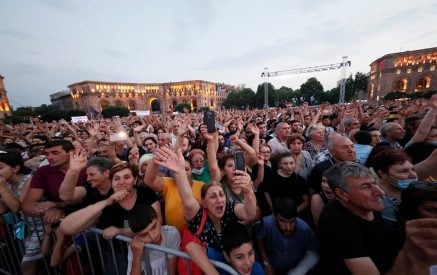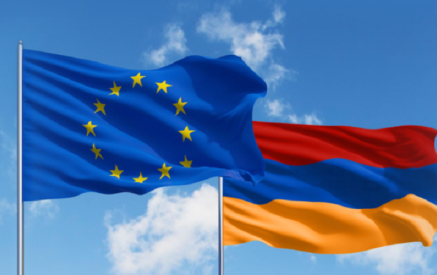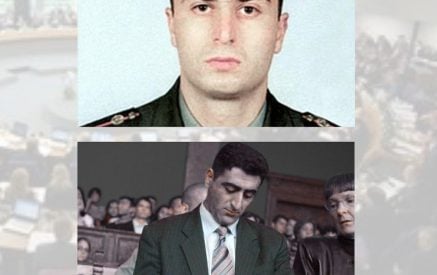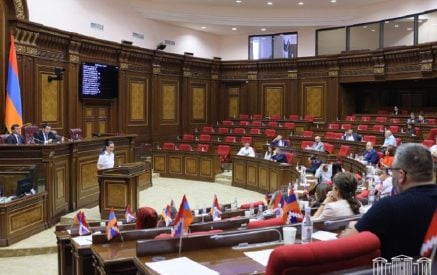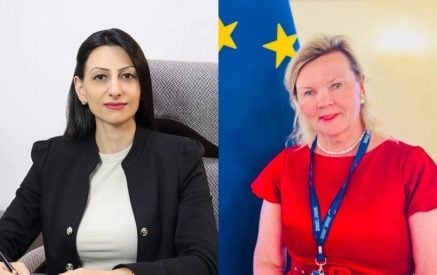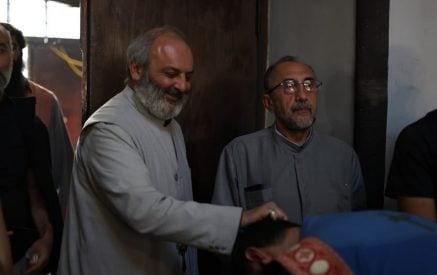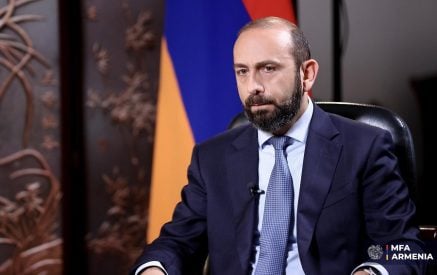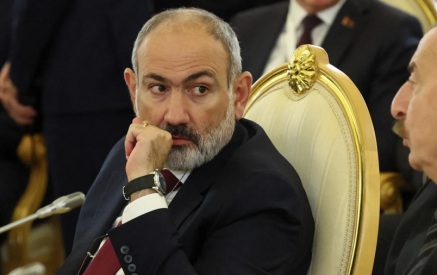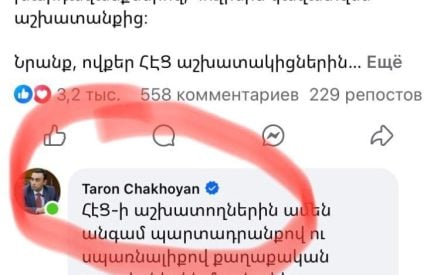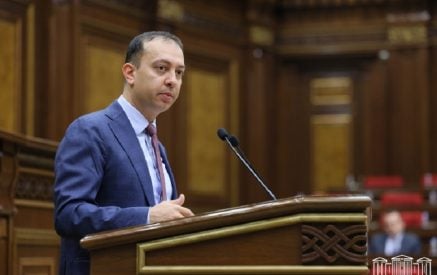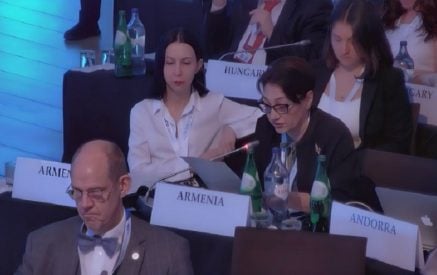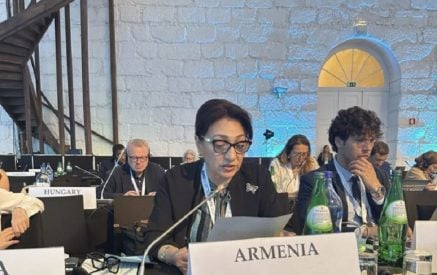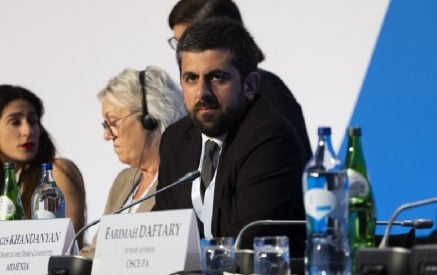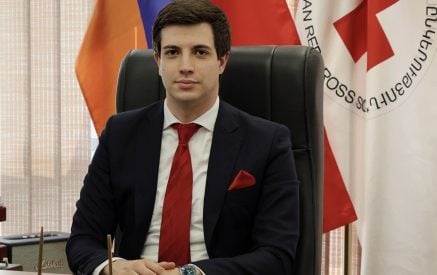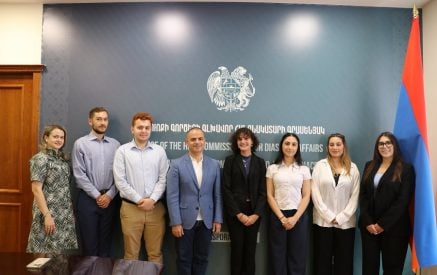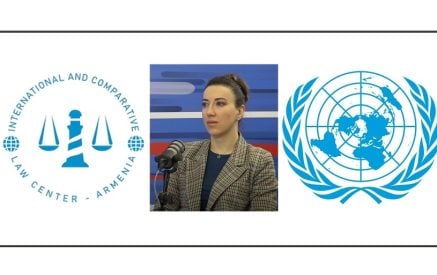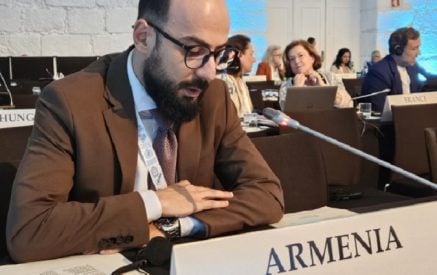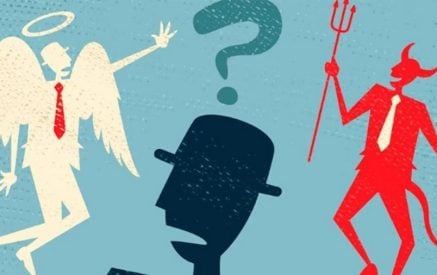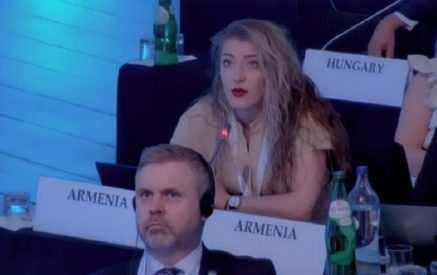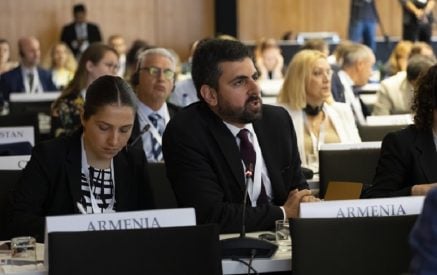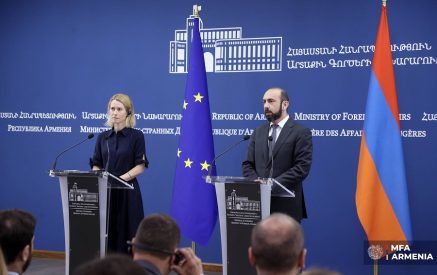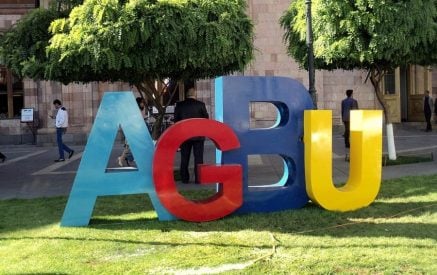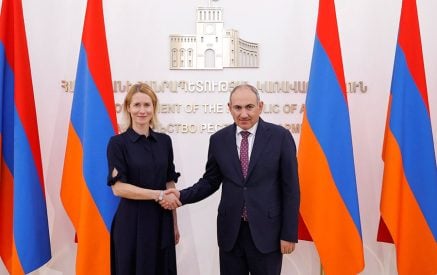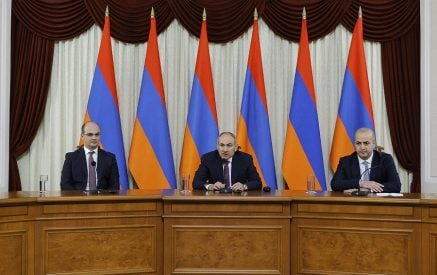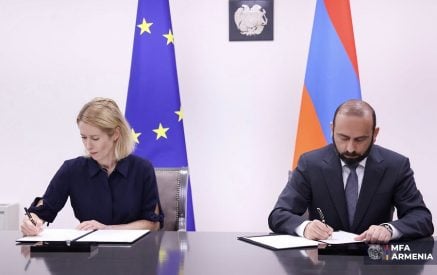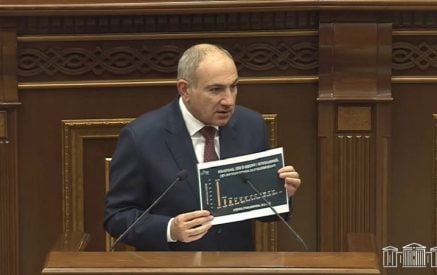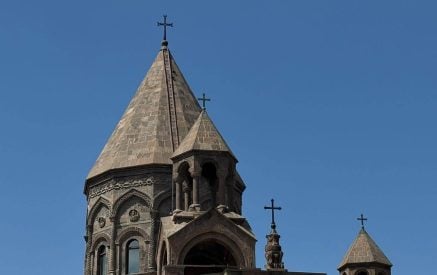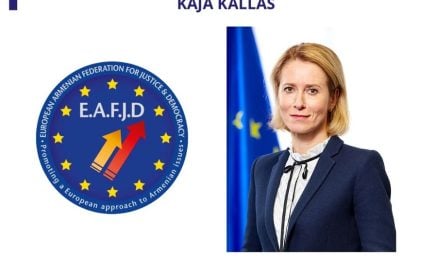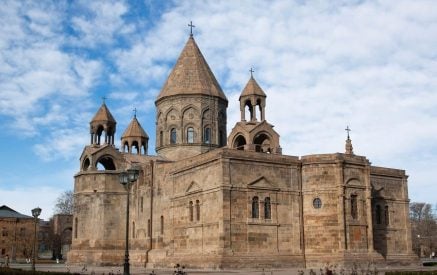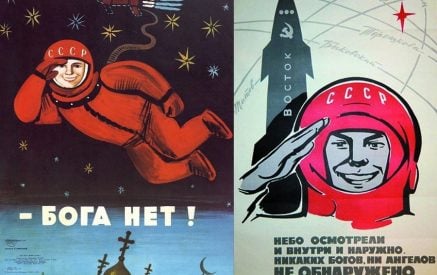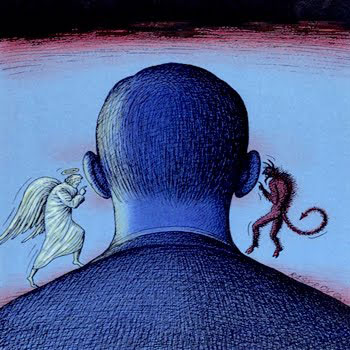Not necessarily for the fanatics be like Cheka officials or jihadists
“I wish there were a group of fanatics in Armenia who would bring this country to an order.” Recently, I am hearing such judgments many times. Firstly, no group can bring “this country” to an order unless there is a common willingness by the majority not to “live good” (everybody dreams about it) but to live by certain rules. Secondly, there are fanatics in Armenia, simply we do not have a thorough notion about the fanaticism. By saying a “fanatic”, we usually visualize the medieval inquisitors, Cheka official dressed in black leather jackets or the jihadists with long and untidy beards, personally honest and hermit people, who for the sake of the idea are ready to burn and slaughter those who do not share their “belief”. These are extreme manifestations of fanaticism, but the phenomenon itself is much deeper, and its elements can be found in completely shaven and wholly non-abstemious people. By and large, in all of us.
Which are, in my opinion, the manifestations of fanaticism?
1/ Fanatics divide the world into black and white. If we use it on a political example, then, let’s say, a fanatical RPA member is confident that the worst RPA member is better than the best ANC member. And vice versa, “he who is not part of my group, he does not enter the “white” filed and, therefore, he is black.”
2/ Fanatics avoid entering into a dialogue with the people outside their group for the very simple reason that these “non-fellows” are criminals and enemies. Thus, no “Q&A” is possible with the criminals but only a life-and-death struggle.
3/ Fanatics formulate their ideas that they believe very vaguely and unclear, instead, they know by heart what their “enemies” believe in. As the Russian philosopher Nikolai Berdyaev wrote, “To the fanatic, the devil always seems terrible and strong, and he believes in him moreso than he believes in God… The national or the political fanatic likewise believes in the devil and his snares, though the religious category of the devil is completely alien hereto.”
4/ Irrational fear and panic is typical to fanaticism. He is thinking about the world or his own country exclusively within the categories of “destruction” and “salvation”. If I’m fighting against “destruction”, then all the methods that I will use for this “salvation” will fade before this lofty goal. To the point, about the methods. He is ready always to justify the atrocities and crimes of his own group but never of those on the opposite side.
5/ Fanatic is sure that if someone has beliefs different of his own, then he, at the best, has fallen under the influence of some cunning and insidious forces, and at the worst, is simply corrupted. In that respect, the Armenian officials and rich people who by appearance do not look like the jihadists have some elements of fanaticism, because after any publication that is not to their liking, with a shrewd expression of the face, they say, “I know whose order you are implementing.”
6/ Fanatics are impatient. They believe that there are some magic formulas that can solve all the problems in the world, and its only obstacle is that not everyone in the world is guided by these formulas.
7/ Fanatical people, by and large, are immodest, even though, I repeat, they can be quite temperate in everyday life. Belonging to any dogmatic teaching, they subconsciously feel the delight of it, it flatters their self-esteem. Free-thinkers in this sense are more modest.
8/ Ultimately, fanatical people never admit their fanaticism. I know 2-3 dozens of fanatic fans for the first president of Armenia. Levon Ter-Petrosyan. But they are sure that they are not fanatic at all.
Aram ABRAHAMYAN



